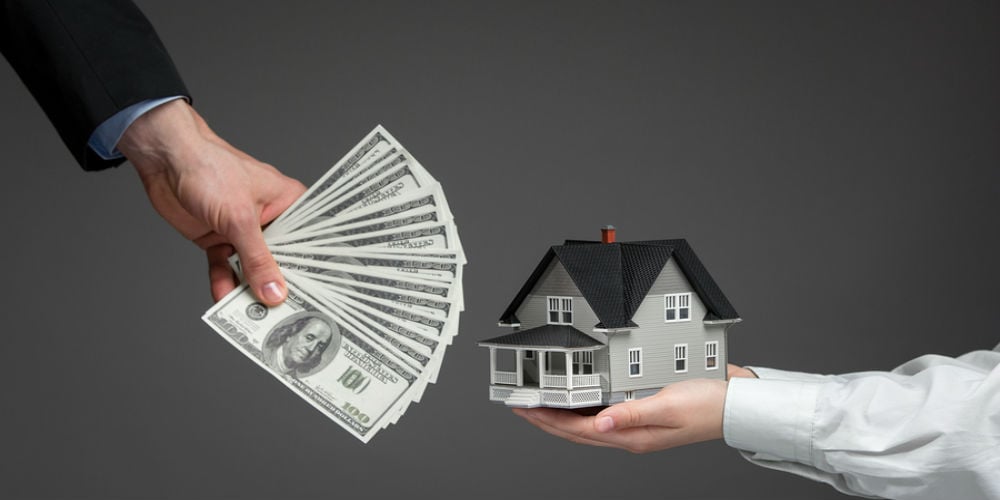The pros and cons of a reverse mortgage

A reverse mortgage turns the equity in your home into cash. For some retirees this can have a lot of value, but for others, the downside may be too great. Here’s a look at some pros and cons of a reverse mortgage.
Pro: It provides a source of income
Being able to pay for healthcare, pay off debt, or make improvements on your home are popular reasons for having a reverse mortgage. If you’re in need of more income in retirement, a reverse mortgage can be a valuable tool.
Con: There are closing costs and other fees
Usually the closing costs on a reverse mortgage are higher than on traditional mortgages. You’ll still be responsible for paying property taxes and insurance. Spending your home’s equity will also decrease the value of your home.
Pro: It doesn’t have to be paid back right away
The amount borrowed from a reverse mortgage doesn’t have to be paid back until the borrower dies, sells their home, or stops living in it. This is good if you’re using a reverse mortgage for monthly cash flow.
Con: You may not be able to keep your home
When the time comes to pay back your loan, you or your heirs will either have to pay off the loan or sell the house to settle with the lender. This may not be ideal if you have the desire to keep the house in the family.
While a reverse mortgage has a few benefits, make sure you do your research and decide if the negatives outweigh the positives.





